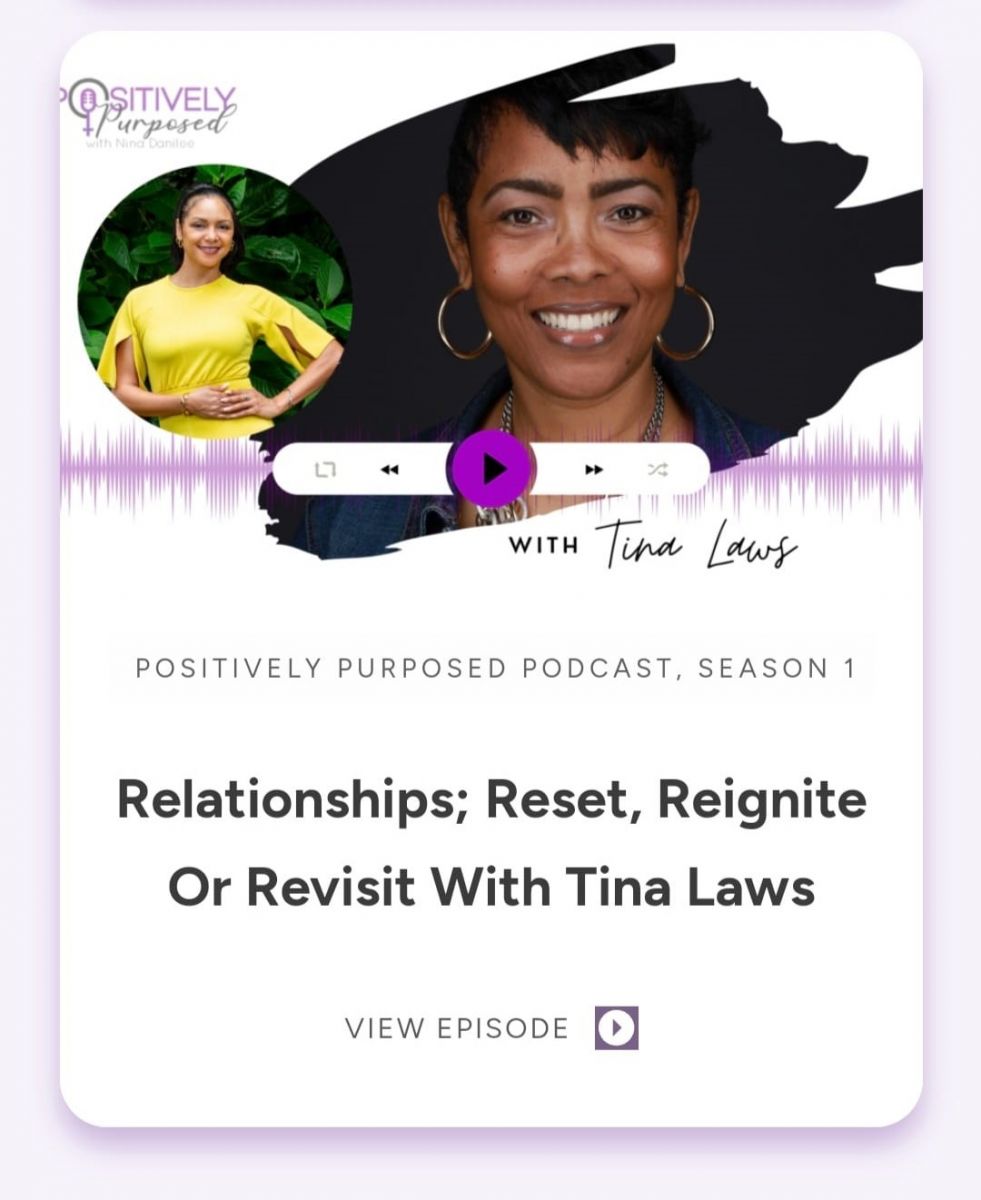Podcast: Navigating Relationships: Insights from Tina Laws on the Journey of Partnership
In a recent podcast, relationship specialist Tina Laws shared powerful insights into the complexities of long-term relationships, offering guidance on how couples can navigate the twists and turns of life together. With a background in psychology and criminal justice and certifications as a relationship coach and domestic violence advocate, Tina has spent the past 14 years empowering women to build healthier relationships. Drawing on her expertise, she highlights essential elements for fostering a strong, supportive, and lasting partnership.
The Core Elements of a Healthy Relationship
Relationships require effort and commitment from both partners. Tina emphasizes that the primary key to long-term success is ensuring both partners want the same thing. Love, though essential, is not enough on its own. It must be accompanied by respect, communication, and a willingness to compromise. For ambitious women, especially those in positions of power, understanding how to balance professional assertiveness with personal vulnerability is crucial. "A relationship is a partnership, not a competition," says Tina, reminding women that while strength and boundaries are important, so is vulnerability.
1. Know Your Worth and Set Boundaries
Tina stresses that strong women understand their worth and have clear boundaries in place. However, these boundaries should not create distance or intimidation but rather foster mutual respect and support. It's about ensuring both partners feel empowered without competing for dominance. A common pitfall for powerful women, Tina notes, is carrying the assertiveness required in the boardroom into the home. Relationships thrive on mutual support and understanding, not control.
2. Finding Your Voice
For more reserved women, Tina advocates for finding and using their voice in relationships. "It may start simply by saying no to something," she explains. Speaking your truth, whether it be through small actions or larger conversations, is key to personal happiness and fulfillment in a relationship. Practice with friends, and begin by taking small steps. Learning to express yourself is crucial in maintaining balance, without fear of conflict.
3. Submission as Strength, Not Weakness
Tina challenges the misconception that submission in a relationship equates to weakness. True submission, she explains, is about trust and respect. "It’s a reciprocal behavior where both partners feel safe enough to be vulnerable," she says. This mutual vulnerability fosters deeper connection and allows both individuals to be their authentic selves. Trusting your partner is a sign of strength, as it means you feel secure in your relationship.
4. Happiness Starts Within
One of Tina’s core messages is that happiness must first come from within. Relying solely on your partner to fulfill you emotionally can create an unhealthy dynamic. Tina encourages women to explore their own passions and dreams and to find personal joy and purpose. "Decide what you truly want for you, and pursue it," she advises. By building self-confidence and self-reliance, women can enter relationships as equals, not dependents.
5. Outgrowing Relationships and Knowing When to Let Go
As individuals grow and evolve, sometimes relationships don’t keep pace. Tina reassures women that it’s okay to outgrow a relationship. "When you become mature in your truth, you know when there’s 'good' in goodbye," she states. The key is to recognize when compromise and growth are no longer possible and to be mature enough to part ways when necessary. However, Tina also emphasizes that compromise is critical in lasting relationships. When both partners are committed to making the relationship work, they must focus on respect, communication, and shared goals.
Leaning on the Basics During Tough Times
When relationships face challenges, Tina advises couples to return to the basics: do you still want the same things? Are you both fighting to make it work? Revisiting fundamental aspects like communication, respect, and compromise can help guide couples through difficult periods. Above all, she encourages women to always love and know themselves first, and to remain positive in their pursuit of purpose.
Conclusion
Tina Laws’ approach to relationships is both empowering and practical. She believes that knowing yourself, setting boundaries, and fostering open communication are essential for a healthy partnership. Through her work, she continues to inspire women to own their roles in relationships, and to ensure that their needs and aspirations are met, both individually and as part of a couple. By staying true to oneself, Tina shows that not only can relationships thrive, but women can also lead fulfilling, empowered lives.


